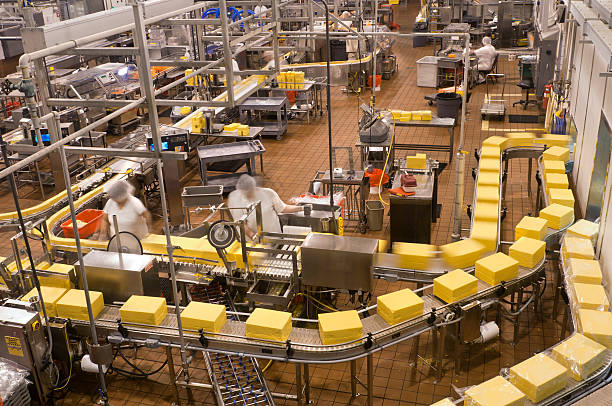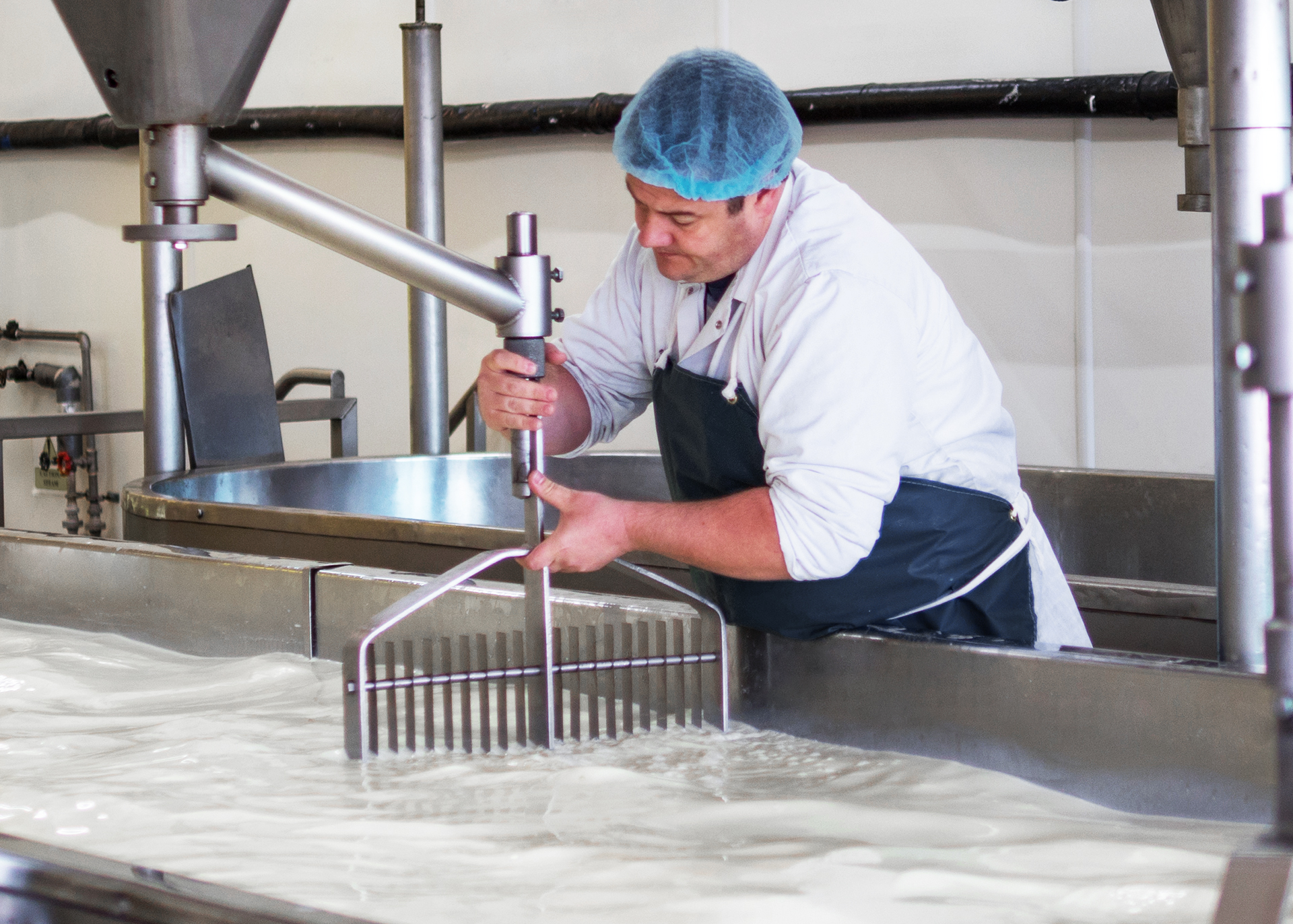An Extensive Take A Look At Cheese Manufacturing: Components, Techniques, and the Future of Artisan Cheeses
The detailed process of cheese production is a fascinating convergence of art and science, where premium milk, rennet, and specific microbial societies offer as fundamental aspects. As the sector significantly focuses on sustainability and openness, the future of artisan cheeses promises to mirror both heritage and development.
Secret Ingredients in Cheese Manufacturing
A range of necessary ingredients play a critical function in cheese production, each adding to the end product's flavor, texture, and character. The main active ingredient in cheese is milk, which can originate from various sources, including cows, goats, and sheep - cheese store melbourne. The kind of milk made use of significantly influences the cheese's taste and uniformity; for example, cow's milk usually yields creamier cheeses, while goat's milk usually creates tasty selections
Another crucial active ingredient is rennet, an enzyme utilized to curdle the milk, separating it into curds and whey. The source of rennet can be animal, veggie, or microbial, each imparting unique features to the cheese.
Salt not just improves the flavor yet likewise works as a chemical, hindering the development of unwanted microorganisms. Additionally, numerous flavoring agents, such as natural herbs, seasonings, and even smoked wood, can be included in produce special artisanal cheeses. With each other, these components develop the foundation of cheese production, setting the stage for varied and rich cheese varieties.
Traditional Cheese-Making Methods
Using standard cheese-making methods, artisans around the globe preserve time-honored methods that have been passed down with generations. These techniques commonly emphasize making use of premium, locally sourced milk, which is central to the distinct flavors and structures of artisanal cheeses. The process usually begins with the cautious heating of milk, complied with by the enhancement of societies and rennet to facilitate coagulation.
Once the curds create, they are cut, enabling whey to drain pipes, an essential action that affects moisture material and structure. The curds are then delicately mixed and prepared to attain the preferred firmness. Afterward, they are drained pipes and pressed into molds. Salting is a vital facet of this procedure, enhancing taste while also serving as a preservative.
Aging, or affinage, is one more vital part, during which cheeses develop their characteristic fragrances and preferences. Craftsmens may use particular aging environments, using moisture and temperature controls to improve the cheese's profile. The dedication to these traditional techniques not only sustains regional economies however likewise contributes to the abundant variety of cheese varieties located globally, celebrating social heritage and artisanal workmanship.
Modern Technologies in Cheese Manufacturing
How have technical improvements changed cheese production in recent years? The assimilation of contemporary technology has actually changed both the effectiveness and quality of cheese production.
Additionally, innovations in microbiology have allowed cheesemakers to pick certain bacterial cultures and enzymes, optimizing taste accounts and enhancing shelf life. The use of sensor modern technology for keeping an eye on fermentation problems has actually also come to be widespread, allowing for real-time adjustments to keep ideal atmospheres for cheese aging.

These innovations not only enhance the quality and sustainability of cheese production however also equip artisan manufacturers to maintain traditional tastes while accepting contemporary efficiency. As modern technology continues to evolve, the future of cheese production looks promising, mixing custom with advancement.
The Role of Terroir in Cheese
In the world of cheese production, terroir plays a pivotal duty in specifying the distinctive features of different cheeses. Terroir, a French term generally linked with wine, includes the ecological factors that influence official website farming products, consisting of soil make-up, environment, and regional vegetation and animals. In cheese-making, the special characteristics of the region where the milk is sourced can impart specific flavors and appearances to the last item.
For circumstances, the grazing conditions of dairy products pets dramatically impact the milk's make-up, influenced by the sorts of turfs and herbs readily available in a specific place. This varies not just between countries however likewise between areas within the same country. In addition, the microbial areas present in the environment add to the fermentation processes, leading to diverse profiles in flavor and scent.
Cheeses such as Roquefort, Parmigiano-Reggiano, and Cheddar exhibit just how terroir can form their identities, making them unique and commonly secured by geographical indicators. As manufacturers significantly identify the relevance of terroir, there is an expanding emphasis on sourcing neighborhood ingredients and keeping standard techniques, guaranteeing that each cheese really mirrors its beginning.

Future Fads in Craftsmen Cheeses
A notable shift is occurring in the artisan cheese field, driven by advancing customer preferences and technical advancements. Increasingly, customers are inclining unique, top notch items that emphasize both sustainability and regional sourcing - cheese store melbourne. This pattern is motivating artisan cheesemakers to innovate, concentrating on small-batch production and using conventional strategies while integrating contemporary technology to boost high quality and safety
Furthermore, there is an expanding rate of interest in plant-based and alternate dairy items, pressing traditional cheesemakers to explore brand-new opportunities, such as cashew or almond-based cheeses. This change not just provides to nutritional constraints yet also aligns with ecological concerns regarding pet agriculture.
In addition, openness in sourcing and manufacturing processes is coming to be extremely important. Customers are more informed and demand traceability, triggering manufacturers to take on more clear labeling techniques and involve in storytelling that highlights their methods and values.
Conclusion
Finally, the elaborate procedure of cheese production fuses standard methods with modern-day see it here innovations, leading to a varied selection of tastes and appearances. The focus on top notch ingredients and the impact of terroir emphasize the creativity entailed in cheese production. As the market progresses, a concentrate on sustainability and openness will likely shape the future of artisan cheeses, satisfying an increasingly critical customer base that values authenticity and workmanship in milk items.